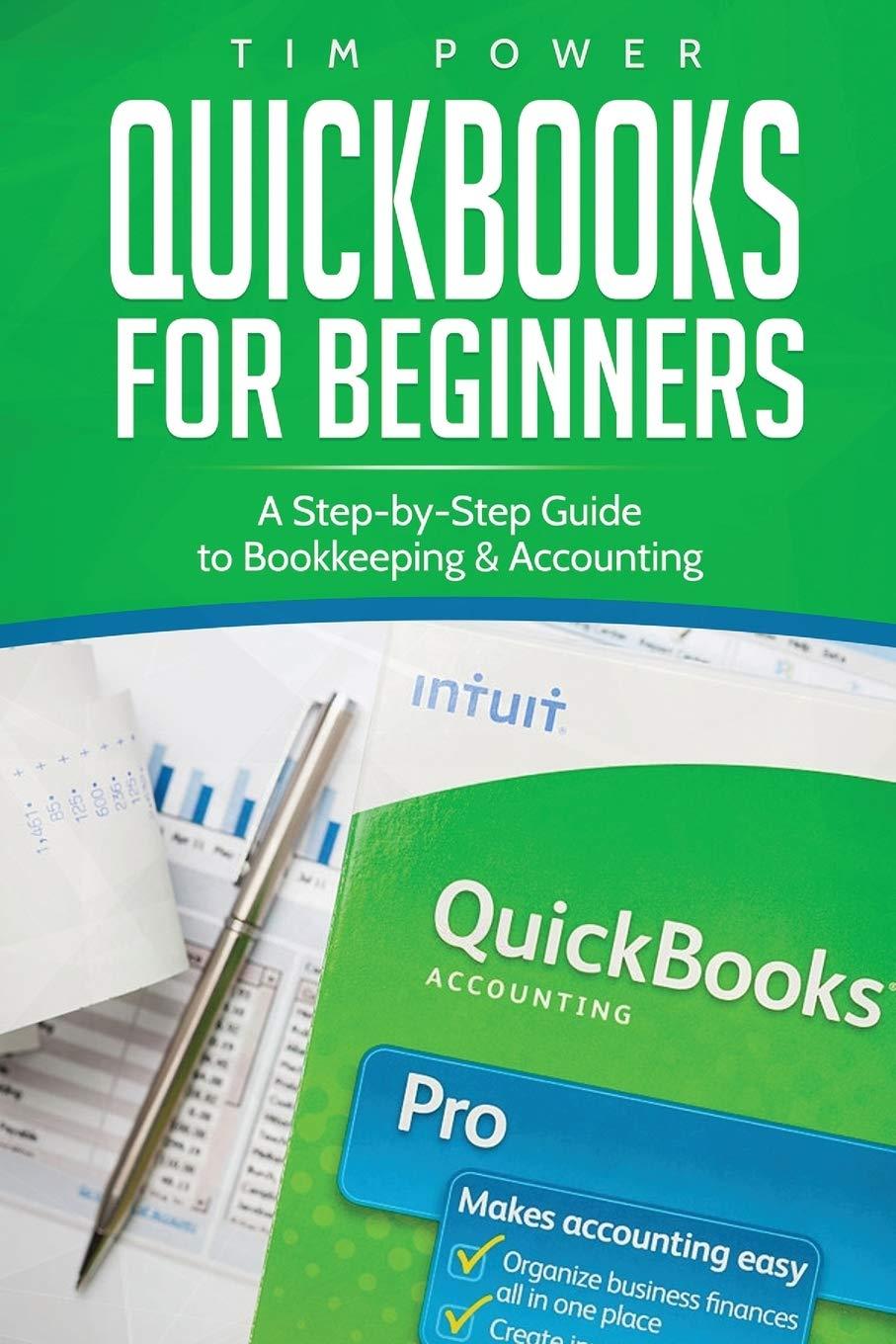Question
This week's reading is lengthier than usual, but the issues raised are fascinating. Feel free to skim some areas of the article, focusing on the
This week's reading is lengthier than usual, but the issues raised are fascinating. Feel free to skim some areas of the article, focusing on the sections of most interest to you personally. Then consider what you have read, in combination with your own experience, in addressing on of the issues listed below. You do not need to answer every question listed below the topic you choose, but they provide an example of the sort of reflection we are hoping to see in your responses.
Employment in the Big Data Era
The article states that in the next 10-20 years, around 50% of today's jobs could potentially be done by algorithms. What thoughts do you have on this statement? Does it seem believable to you -- can you find another source that agrees or disagrees with this claim? If you find a source that disputes this claim, which source seems more reliable to you? Why? If you think this prediction could be possible, how will it affect your plans for the future? If you don't think the prediction is likely to come to pass, why not?
Ethics of "smart everything"
The article reports that in 10 years time, an estimated 150 billion networked sensors will be collecting data -- more than 20 sensors per global inhabitant. What are some possible consequences of such extreme monitoring of our world? Will crime disappear? Will privacy continue to exist in any form? What are some possible benefits of living in such a connected world? What are some potential drawbacks? Given your two lists, what do you think is the "right" approach to take regarding collection of and access to personal data.
"Citizen scores"
Were you aware of the use of big data analysis as a way of implementing social control policy in China? How likely do you think it is that such a
"citizen score" might be implemented in the United States? What reasons do you have for your opinion (give examples or explain your reasoning)? Do you think implementing such a system would be beneficial or detrimental to our society, and why?
All-knowing algorithms
Consider the following quote from the article:
"Today, algorithms know pretty well what we do, what we think and how we feelpossibly even better than our friends and family or even ourselves." Do you think this is an accurate statement? Have you seen evidence in your own life that makes you believe in the validity (or lack thereof) of this statement? Do you think these algorithms that are analyzing the data collected on us are fair and impartial? Or do you think they could be prone to error and bias? Give examples that support for your position or explain your reasoning.
Legal issues
How do you think connected devices should be regulated? Who is responsible for ensuring that these technologies are used appropriately? And who defines what "appropriate uses" are? Who is responsible for damage done by hackers or system failures? Should super personalized advertising and pricing be permitted, given how likely we are to be susceptible to such marketing tactics?
Personal data
Consider the following quote from the article:
"There should also be a right to get a copy of personal data collected about us."
Do you agree or disagree with this statement? Do you think it is even possible to "get a copy" of all your personal data? Europe has instituted such a "Right to a Copy" policy. What organizational infrastructure do you think would need to be in place to supply such information to everyone? Would a comprehensive "dump" of all your information be practical, or do you think some sort of summarized report would be sufficient? If summarized, what data should such a report include?
Web search result manipulations
The article discusses how internet search results can be manipulated to present a user with a biased view of the topic being researched. Manipulations of this sort have been shown to influence behavior in significant ways (e.g. voting). Consider your own search habits? Do you think you are susceptible to such manipulations? Do you think you actually have been exposed to such manipulated results? Can you think of ways to ensure you do see all sides of an issue? How might you go about making a determination on the validity of the search results you are presented? Should there be regulations covering internet search results? If so, what sort of regulations? If not, why not?
Opting out
Consider the following quote from the article:
"But is there any way out? Yes, if we disconnect from the cybernetic loop and simply stop responding to the digital stimulus."
Do you think this is a reasonable or practical solution? Or would disconnecting be essentially disconnecting from society? What measures do you think people can take to limit their exposure to the connected world?
Should they? Under what circumstances? Discuss benefits and risks of NOT being part of the connected society.
For full credit, read the above article and any other relevant articles that you can find on the web (provide links), select 3-4 issues highlighted ab
Step by Step Solution
There are 3 Steps involved in it
Step: 1

Get Instant Access to Expert-Tailored Solutions
See step-by-step solutions with expert insights and AI powered tools for academic success
Step: 2

Step: 3

Ace Your Homework with AI
Get the answers you need in no time with our AI-driven, step-by-step assistance
Get Started


